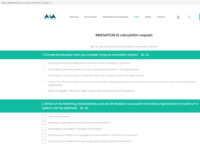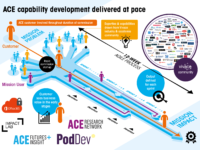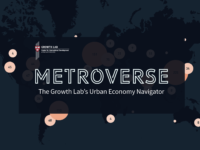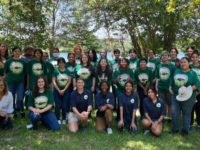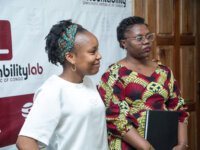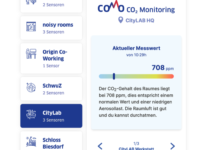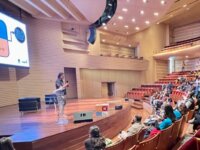National Corporate Innovation Index (NCII) is a comprehensive capacity building platform developed by the State Agency for developing innovators in the public sector. NCII means measuring the organization's innovation ability and success, and taking measures to build an innovation culture within the organization. With the creation of NCII, there is direct support for finding solutions to the difficulties and problems faced by state organizations in the implementation of their daily activities…
Innovation Tag: Innovation Labs and Units
Government struggles to exploit advances in science and technology that could improve public services. The UK Home Office developed a new, cost-effective model to enable start-ups, Small and Medium-sized Enterprises (SMEs), not-for-profits and academia to solve frontline challenges across UK government using diverse, cutting-edge capabilities and expertise. Uniquely, for UK public sector, it uses flexible, novel ways of working and commercial mechanisms to deliver mission impact at pace.
Metroverse is an urban economy navigator built at the Growth Lab at Harvard University. It is based on over a decade of research on how economies grow and diversify and offers brand new insights on a city's growth prospects by placing its existing technological capabilities and knowhow at the heart of how diversification unfolds. Metroverse was built using a user-centered design process to help city leaders, policymakers and researchers grapple with 21st-century urbanization challenges.
Public healthcare in Serbia is transformed through innovative use of mixed reality technology powered by Artificial Intelligence, that increased efficiency and quality of healthcare, minimized risks and efforts, and optimizes procedures. Through remote collaboration, doctors have the same insight into patient’s condition without the need of physical presence, enabling joint real time inputs and medical interventions with experts from anywhere, as well as remote education for medical students.
The Austin Civilian Conservation Corps (ACCC) began as a pandemic response program to help residents earn income and access green careers, and has evolved into a leading model for equitable, climate-focused workforce development. The ACCC, a collaboration with 10+ City departments and multiple community partners, has provided over 125 living-wage opportunities with supportive services, training, and career pathways for Austin’s underserved residents, and is actively shaping the green economy.
In the VUCA (volatility, uncertainty, complexity and ambiguity) world, the tasks of the government are interconnected and require cross-border collaboration and dialogue within ecosystems. However, one of the key challenges is the lack of knowledge and easy-to-deploy tools. As partners of Work2.0Lab (Työ2.0Lab), we co-created and implemented Ecosystem School 1.0. Its purpose was to develop ecosystem thinking, capabilities and tools to support phenomenon-oriented work within ecosystems.
The Accountability Incubator is a creative peer learning program for young civic activists and change-makers who want to fight corruption and build accountability. It was developed to provide long-term support, networks and skills to people who are often overlooked by or left out of traditional civil society programs. It is innovative in that it uses creative tools, a long-term approach and the very latest thinking to shape governance globally.
In COMo, the CO2 concentration (CO2 = Carbon Dioxide) serves as a measure for indoor air quality and aerosol pollution; the latter correlates with the potential (COVID) viral load. Objective CO2 readings via networked sensors enable operators to control the indoor air quality and thus reduce the risk of infection for visitors. Published data allow visitors to make decisions about visiting the facility.
All content is available under open source licenses (MIT, BSD, Creative Commons).
Public innovation Labs have been at the forefront of the transformation of public innovation ecosystems in different countries and cities. However, they are knowingly sensitive to changes in public administrations and to political decisions. Our Spider strategy (Araña) seeks to strengthen and give sustainability over time to public innovation based on the creation of networks and ecosystems and the non-exclusive dependence on innovation units or Labs, thus diminishing the related aforesaid…
Less than 5% of Small Business (SBs) in Australia take out formal intellectual property protection, with many small business owners putting themselves at risk due to a lack of awareness about the need for Intellectual Property, especially at the point of establishing their business. TM Embed aims to engage these small businesses at critical points of their business journey by building awareness, educating them about trade marks, and simplifying the way in which they engage with the trade ma

